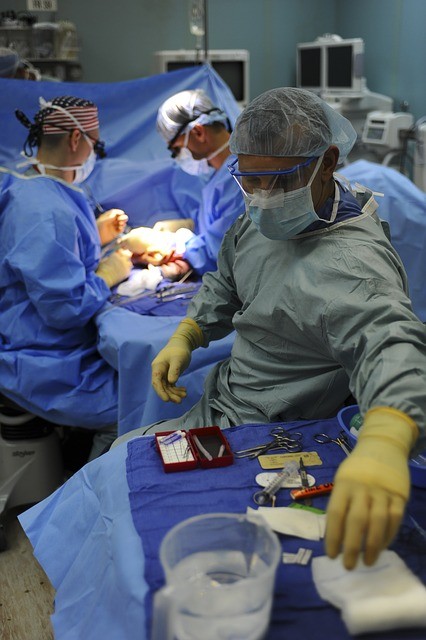Treating Breast Cancer: Double Mastectomies Save Lives

For women who face a risk of early-onset breast cancer, an early double mastectomy may just save their lives, according to a new study published in the British Medical Journal.
A mastectomy is a procedure that involves the removal of the breast in a female patient. This procedure is normally done in those diagnosed with early-stage breast cancer to prevent the spread of cancerous tissue.
But woman who carry a BRCA gene mutation face a nearly 70 percent risk of getting breast cancer all their lives. For these women, the new study proposes that a proactive double mastectomy (removing both breasts) at the first signs of cancer raises their chance of survival by nearly half.
Researcher from the U.S. and Canada pooled data and expertise in this study to review the survival experiences of 390 women with early-stage breast cancer diagnosed between 1975 and 2009. All of these women were either known or likely carriers of a mutated BRCA gene.
According to the National Cancer Institute at the National Institutes of Health, BRCA1 and BRCA2 are genres that produce tumor suppressing proteins, keeping cellular genetic material stable and preventing the development of several forms of breast cancer. When these genes are mutated however, they do not perform their job properly, significantly raising the chance for cancer to develop.
Of the 390 patients in the study, 44 were initially treated with double mastectomies at the first sign of cancer and 346 were initially treated with a single mastectomy, only removing the tumor compromised breast. According to the study, over the 20 year follow-up period, 137 went on to have their second breast removed at a later date.
Of the 390 patients, 79 women died of breast cancer, with 18 in the bilateral mastectomy group, and 61 in the unilateral mastectomy group. Analyzing mortality rates and survival length, researchers determined that having both breasts removed at the first signs of cancer was associated with a 48 percent reduction in chance of a breast cancer related death.
So what does this mean for at-risk women? In the study's accompanying editorial, Dr. Karin Michaels, from Harvard Medical School said that carriers of the BRCA mutation might want to seriously consider immediate double mastectomies at the first signs of cancer. A stronger decision might even be to undergo a proactive double mastectomy, like what actress Angelina Jolie recently underwent, likely cutting the chances of even initial cancer signs from occurring.
The study was published in the British medical Journal on February 11.
Feb 12, 2014 01:12 PM EST




